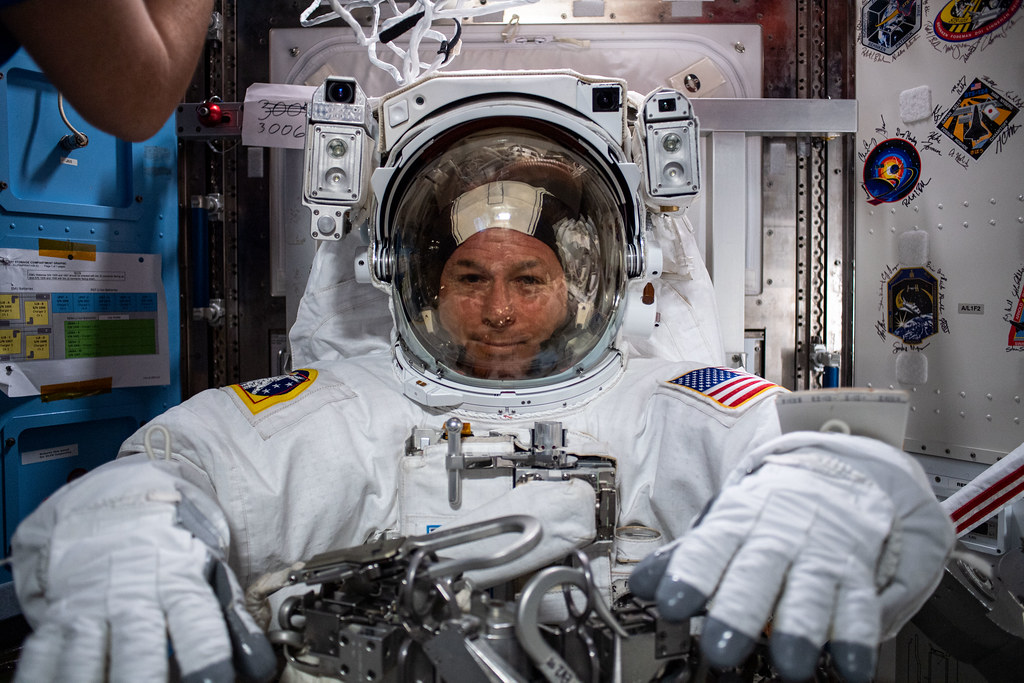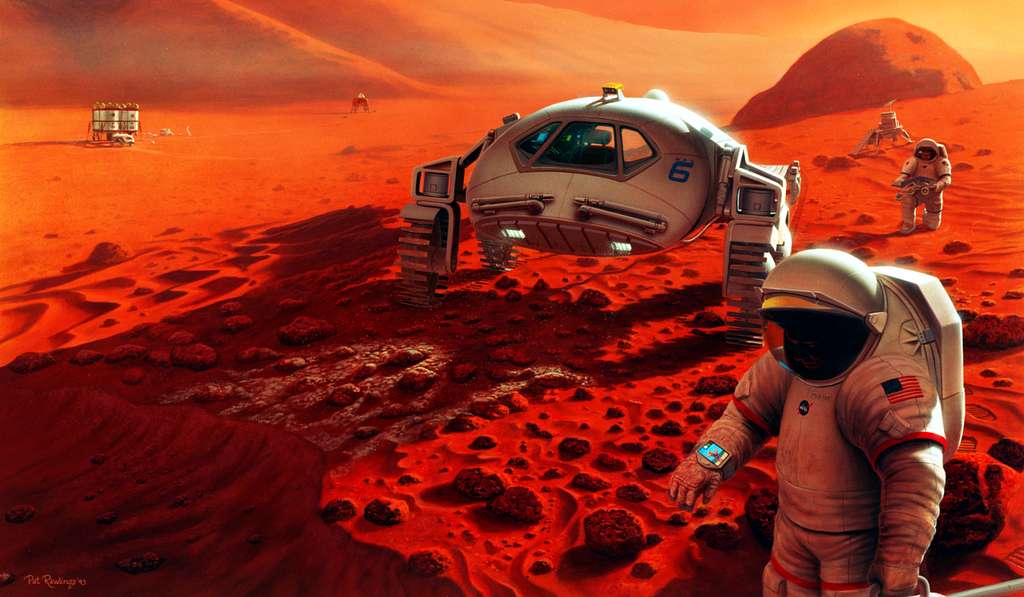Space medicine experts have been trying to determine whether prolonged expose to zero gravity could have a negative affect on the cardiovascular system.
Essentially, their concern is whether or not it’s safe for an astronaut to travel lengthy periods experiencing total weightlessness, to then land on Mars and experience the gravitational forces without fainting as soon as they step foot on the planet.
“We know it takes about six to seven months to travel to Mars and this could cause the structure of your blood vessels or the strength of your heart to change due to the weightlessness experienced as a result of zero gravity space travel,” said lead author and researcher Dr Lex van Loon.
Another concern of theirs is the increase of commercial space flights, with experts saying that not everyone may be physically fit for the experience.
“There’s more room for rich but not necessarily healthy people to go into space, so we want to use mathematical models to predict whether someone is fit to fly to Mars,” said Dr van Loon.

“The purpose of our model is to predict, with great accuracy, whether an astronaut can safely arrive on Mars without fainting. We believe it’s possible.”
According to ANU, the model uses an algorithm based on astronaut data collected from past space expeditions to simulate the risks.
They noted that while most of the data would be from middle-aged and well-trained astronauts, it will be interesting to see how this research would be applicable to everyday people.






